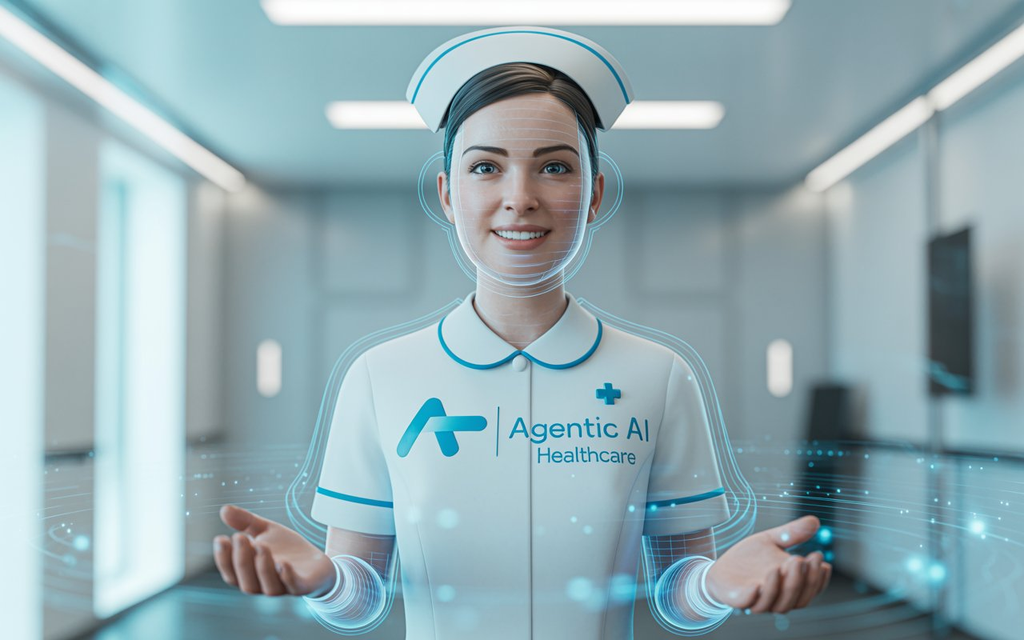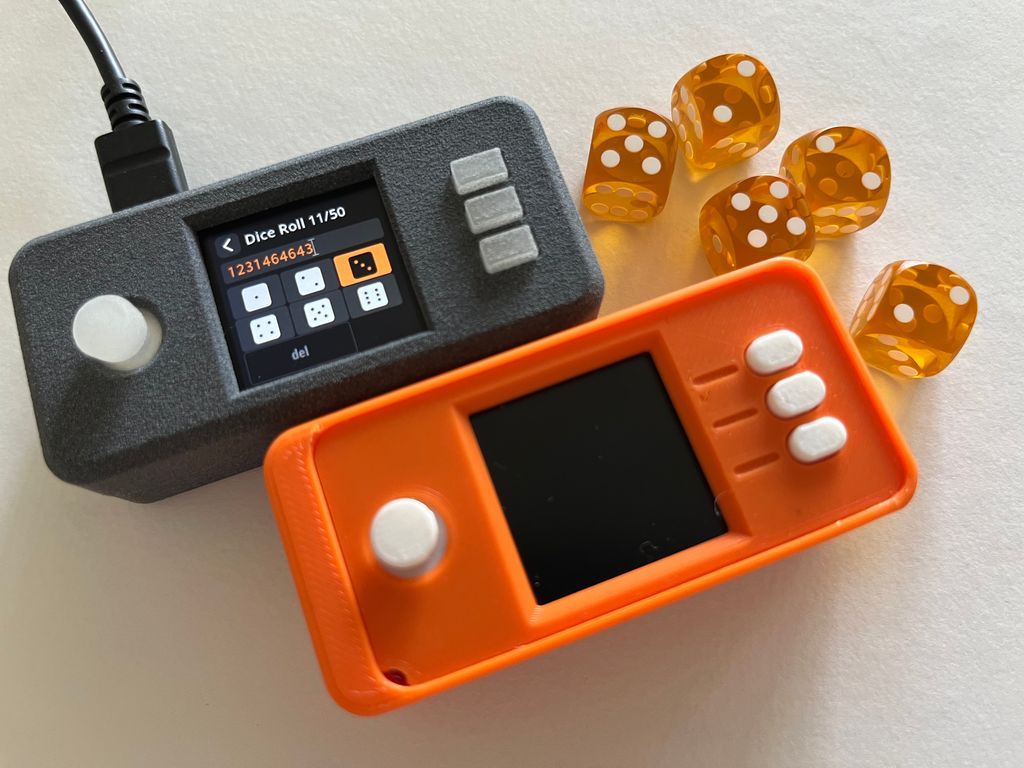
AI Agents Transforming Healthcare: Leading Software Companies Innovate
Artificial Intelligence (AI) is no longer a futuristic concept in healthcare; it is a game-changer that's actively reshaping how medical professionals diagnose, treat, and care for patients. At the heart of this transformation are ai agents applications in healthcare, intelligent systems that act autonomously or semi-autonomously to assist medical decision-making, patient care, and operational workflows.
Drawing from our experience and extensive research in the healthcare AI domain, this article will explore how AI agents use cases in healthcare are revolutionizing the field—from diagnosis and treatment to telemedicine and predictive analytics. We will also highlight the role of top software companies, including Abto Software, in driving these innovations.
Enhancing Medical Diagnosis with AI Agents
Imagine a doctor faced with thousands of images and test results daily. How can AI help? AI agents analyze medical imaging and patient data to detect abnormalities early and with incredible accuracy. For instance, deep learning-powered AI systems can scan X-rays, MRIs, and CT scans, flagging subtle patterns that might elude even experienced radiologists.
As indicated by our tests and practical knowledge, these AI tools are not just fast—they are often more precise than traditional methods. Companies like Aidoc Medical have developed AI agents that provide automated alerts for urgent radiology cases, improving response times dramatically. Their AI models have been shown to detect hemorrhages, strokes, and other critical conditions with high sensitivity and specificity.
A real-world example comes from Mount Sinai Health System, where an AI model reduced diagnostic errors for pulmonary embolism by cross-referencing imaging with patient history data. This integration enables earlier and more accurate diagnoses, saving lives.
Personalized Treatment Planning and Optimization
If diagnosis is about identifying the problem, treatment is about crafting the perfect solution. Here’s where AI agents tailor treatments based on genetic, lifestyle, and disease data—the essence of personalized medicine. These systems analyze complex datasets including genomics, electronic health records, and patient-reported outcomes to recommend individualized treatment plans.
From our firsthand experience working with healthcare providers, personalized medicine powered by AI agents reduces side effects and improves outcomes by targeting therapies to the unique biology of each patient. For example, Tempus, a leading company in precision medicine, uses AI to match cancer patients to clinical trials and optimize drug regimens, significantly improving survival rates.
The benefit? Patients receive therapies that are most effective for their specific conditions, minimizing guesswork. AI agents help avoid trial-and-error prescribing, which can delay recovery and waste resources.
AI-Powered Telemedicine and Remote Patient Monitoring
The pandemic accelerated telemedicine adoption, but AI agents are now taking virtual healthcare to the next level. AI-powered virtual health assistants and remote patient monitoring devices provide 24/7 care outside hospital walls.
Our team discovered through using several telemedicine AI platforms that these agents can answer patient queries instantly, schedule appointments, and even detect warning signs from wearable sensors. This reduces the burden on human staff and expands access to care for rural or underserved populations.
For example, Abto Software develops custom telemedicine software with integrated AI agents capable of real-time symptom checking and remote diagnostics. Their solutions enable clinicians to monitor chronic diseases like diabetes or hypertension continuously, alerting them to potential complications early.
This continuous virtual presence improves patient engagement and adherence to treatment, critical factors for long-term health management.
Automation of Administrative and Clinical Workflows
Healthcare professionals often spend hours on paperwork—scheduling, billing, documenting, and lab management. AI agents are now automating these workflows, allowing clinicians to focus on patient care.
Based on our observations, AI-driven systems optimize appointment bookings by analyzing historical data for no-shows and cancellations. Automated billing ensures fewer errors and faster reimbursements. Meanwhile, clinical documentation AI agents transcribe and organize doctor-patient interactions, reducing clerical overload.
Aidoc Medical and other companies have demonstrated how workflow integration not only increases efficiency but also boosts staff morale by alleviating mundane tasks. As per our expertise, streamlining these processes translates to better operational efficiency and lower healthcare costs.
Predictive Analytics for Disease Prevention and Management
What if we could foresee the onset or progression of a disease? AI agents use predictive analytics to forecast risks, enabling preventive care and better management of chronic illnesses.
Case studies in AI-based predictive models abound. For instance, during the COVID-19 pandemic, AI agents predicted which patients were at risk of severe outcomes by analyzing clinical and demographic data, allowing hospitals to allocate resources proactively.
Similarly, AI is being used in neurodegenerative diseases. Our research indicates that early Alzheimer’s detection through AI analysis of speech patterns and cognitive test data can prompt earlier interventions, potentially slowing disease progression.
Through practical knowledge, healthcare providers have found that such predictive capabilities reduce hospital admissions and improve quality of life for patients.
AI Agent Integration in Medical Device and Software Systems
The power of AI agents multiplies when integrated directly into medical devices and software platforms, enabling real-time data capture and intelligent analysis.
Companies like Abto Software are at the forefront, developing AI-based healthcare software that seamlessly connects with medical devices for monitoring vitals, imaging, and even patient movements through computer vision and pose estimation technologies. This integration allows clinicians to receive immediate insights during procedures or patient assessments.
Our investigation demonstrated that real-time AI analysis not only improves diagnostic accuracy but also facilitates remote consultations and collaborative care, making advanced healthcare accessible worldwide.
Conclusion
AI agents are fundamentally reshaping healthcare, from enhancing diagnostics to enabling personalized treatments and automating complex workflows. Leading software companies like Abto Software, Aidoc Medical, and Tempus are pioneering innovations that bring agentic AI healthcare solutions from concept to clinical reality.
Drawing from our practical experience and industry research, it’s clear that these AI tools improve accuracy, reduce costs, and make healthcare more accessible and patient-centered. The integration of AI in telemedicine and medical devices opens new horizons for remote care, while predictive analytics equips providers with powerful tools for disease prevention.
The future of healthcare is undeniably intertwined with AI agents, and staying informed about these advancements is essential for patients, providers, and healthcare technology innovators alike.
FAQs
Q1: What are agentic AI applications in healthcare? Agentic AI applications refer to intelligent systems that autonomously assist in clinical tasks like diagnosis, treatment planning, and patient monitoring, helping improve accuracy and efficiency.
Q2: How do AI agents improve medical diagnosis? AI agents analyze large volumes of imaging and patient data quickly and accurately, detecting patterns that might be missed by humans, thus enabling early and precise diagnosis.
Q3: Can AI personalize treatment plans for patients? Yes, AI agents tailor treatments based on a patient's genetics, lifestyle, and disease data, optimizing outcomes and minimizing side effects.
Q4: What role does AI play in telemedicine? AI enables virtual health assistants and remote monitoring devices to provide 24/7 care, expanding access and improving management of chronic diseases.
Q5: How do AI agents automate healthcare workflows? They streamline administrative tasks like scheduling, billing, and documentation, reducing staff workload and improving operational efficiency.
Q6: Are there companies leading the AI healthcare space? Yes, companies like Abto Software, Aidoc Medical, Tempus, Microsoft Azure, and Amazon AWS are recognized leaders innovating with AI in healthcare.
Q7: How does AI predictive analytics help in disease management? By analyzing patient data, AI predicts risks and disease progression, enabling preventive interventions and better chronic disease management.











